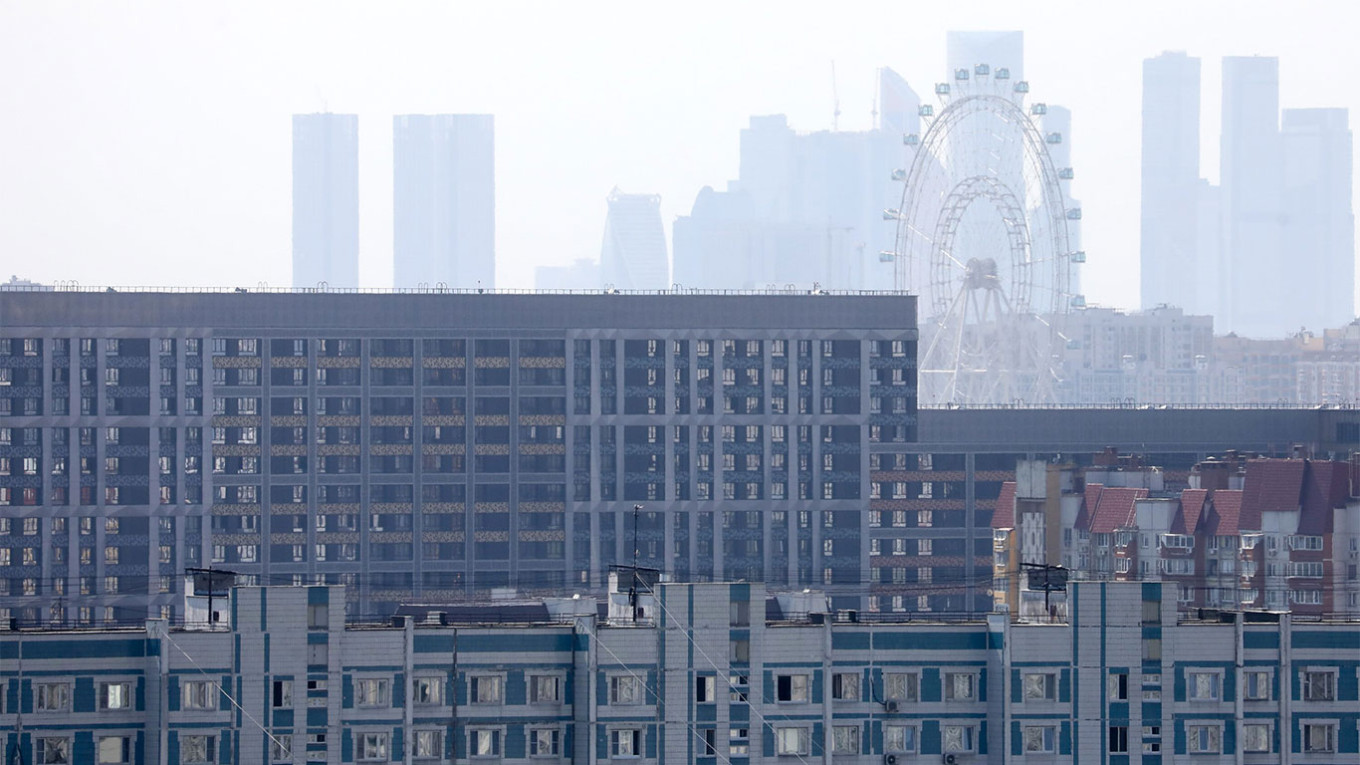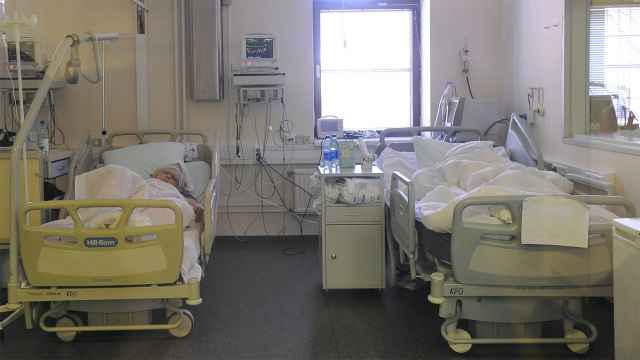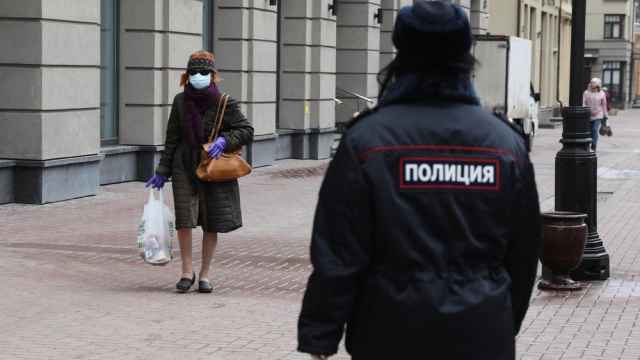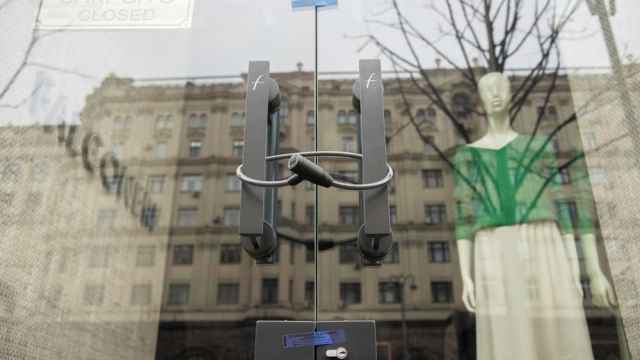Moscow has been blanketed by wildfire smog coming from a nearby region fueled by a summer heat wave, Interfax reported.
Authorities in the Russian capital advised residents on Thursday to wear face masks to protect themselves from the smog.
The Federal Forestry Agency (Rosleskhoz) blamed authorities in the Ryazan region, where the wildfires are currently burning, for failing to keep the fires under control.
Several aircraft and over 470 people were working to put out the fires in the Ryazan region some 250 kilometers southeast of Moscow, the emergencies ministry said on Telegram.
The region's Governor Pavel Malkov estimated Wednesday that over 800 hectares had been affected by the fires, which officials later said were caused by dry thunderstorms.
International environmental group Greenpeace however put the size at over 3,300 hectares.
Moscow Mayor Sergei Sobyanin said Thursday that forest fires have also hit the nearby Vladimir region.
Emergency Situations Minister Alexander Kurenkov on Thursday urged local authorities across central and western Russia to ban people from visiting forests.
"There is a high probability that the fires were caused by human action. And the persistent heat and drought are creating favorable conditions for the fire to spread," Greenpeace's Russian chapter said Wednesday.
The NGO said that these forest and peat fires were burning through an area that was already affected by the fires of 2010, which caused weeks of suffocating smog in Moscow at the time and led to thousands of deaths across western Russia.
Massive fires have swept through Russia's vast territory in recent years, particularly impacting Siberia, the Arctic and the Far East.
The blazes, which are increasingly frequent, are exacerbated by low rainfall and heat waves that scientists have linked to climate change.
Each summer, these fires release huge plumes of noxious smoke that suffocate towns and cities as far as hundreds kilometers away.
In July 2010, Moscow was suffocated by smoke from peat bog fires resulting in an unprecedented spike in respiratory health complaints and deaths.
AFP contributed reporting.
A Message from The Moscow Times:
Dear readers,
We are facing unprecedented challenges. Russia's Prosecutor General's Office has designated The Moscow Times as an "undesirable" organization, criminalizing our work and putting our staff at risk of prosecution. This follows our earlier unjust labeling as a "foreign agent."
These actions are direct attempts to silence independent journalism in Russia. The authorities claim our work "discredits the decisions of the Russian leadership." We see things differently: we strive to provide accurate, unbiased reporting on Russia.
We, the journalists of The Moscow Times, refuse to be silenced. But to continue our work, we need your help.
Your support, no matter how small, makes a world of difference. If you can, please support us monthly starting from just $2. It's quick to set up, and every contribution makes a significant impact.
By supporting The Moscow Times, you're defending open, independent journalism in the face of repression. Thank you for standing with us.
Remind me later.






